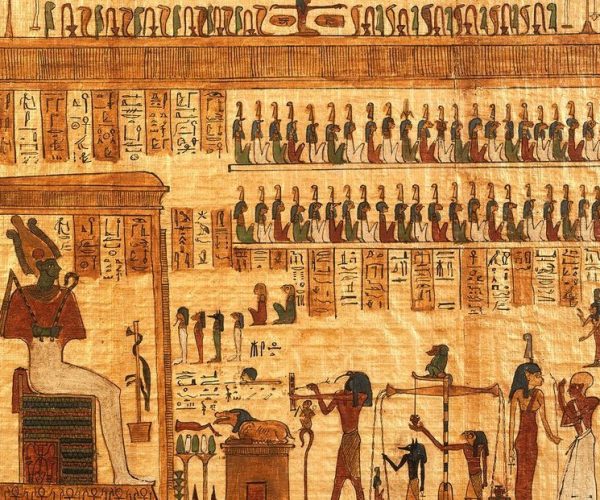history \'hist(ə)rē\ n
[fr. Gk historia knowledge from inquiry, information, narrative, fr. historein to inquire into, examine, relate, fr. histor judge]
People on every continent have stood in your shoes, through decades and centuries before you. The truth does not change, and that is why the answers worked out long ago can help you find solutions to the challenges of our time.

Civil Rights Leader
What is history?
Lots of people have tried to answering this question. You can start with E. H. Carr’s What is History?. Then, take your pick from this list of historiography books.
Historiography combines history (“knowledge from inquiry”) and the suffix “-ography,” which comes from the Greek word “graphia,” meaning “writing” or “field of study.” Thus historiography refers to what different people have written about the past and how that has changed over time. It’s also why “prehistory” refers to anything that happened before written records (around 3400 BC).
There are two ways of thinking about history: what “actually happened” and what people have said or written about what happened (historiography).
Historians ask hard questions about the past and then try to answer them through a careful combination of primary sources (which are notoriously unreliable), archives, written materials, and physical evidence, such as tools, buildings, landscapes, and DNA.
It’s an eternal pursuit, but one worth pursuing. For if you don’t know your past, you don’t know your present or your future.
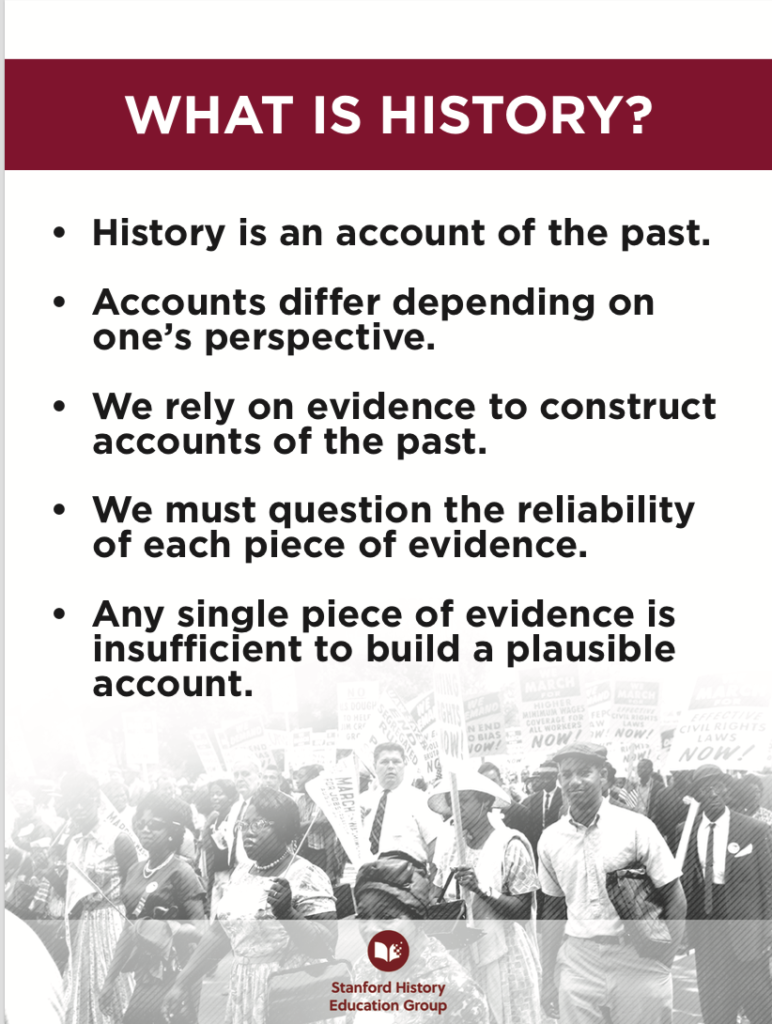
Para conocer a un pueblo se le ha de estudiar en todos sus aspectos y expresiones: en sus elementos, en sus tendencias, en sus apóstoles, en sus poetas y en sus bandidos.
In order to know a country one must study all its aspects and expressions, its elements, its tendencies, its apostles, its poets, and its bandits.
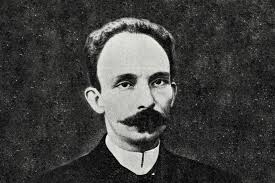
Poet, Philosopher, Journalist, Professor
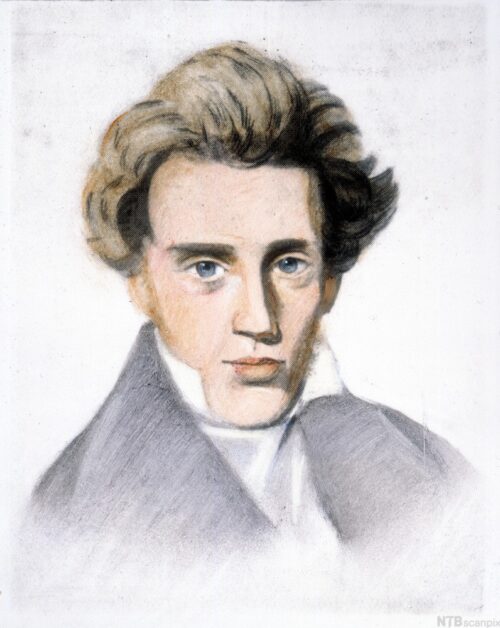
Reading Like a Historian
Reading Like a Historian is a curriculum developed by the Stanford History Education Group, led by Professor Sam Wineburg. I’ve found this approach to teaching history extremely useful, engaging, and intuitive.
The main components of this approach are:
- Central Historical Question
- Sourcing
- Context
- Corroboration
- Class Discussion
- Written Response
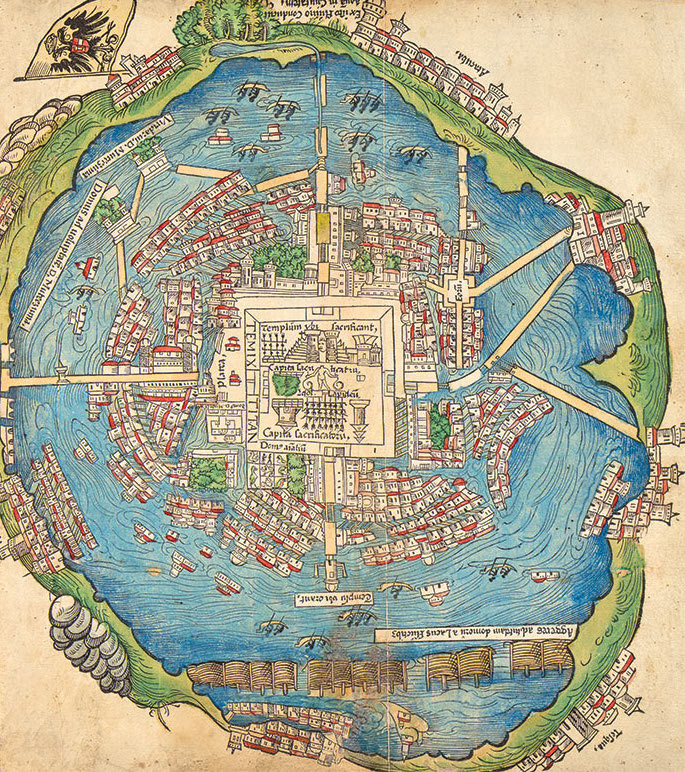
where it fell I do not know.
Where can my roots be?
On what sort of tree did I grow?
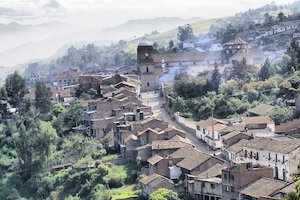
COURSES
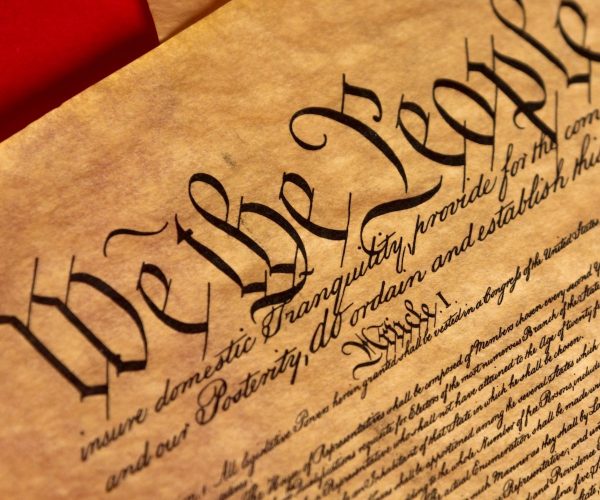
This course if for anyone who wants to know how people tick and the biology of human behavior. Psychology will help you understand both the limits and possibilities of the brain and body.
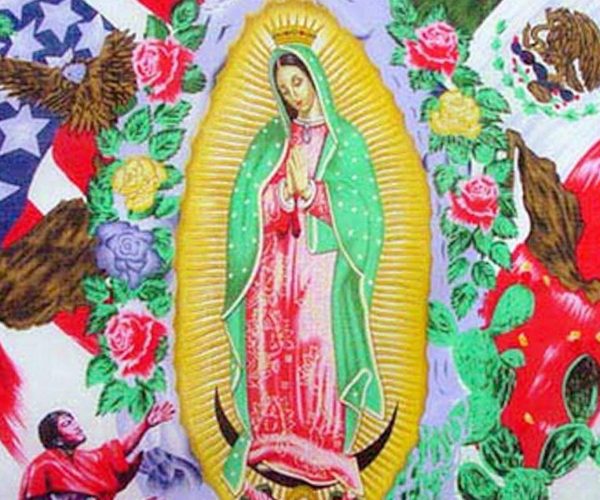
This course is designed to introduce key elements and themes of Mexican history and culture, beginning with ancient Mesoamerica, through the 16th-century Spanish conquest, and into the modern era.

This course provides SAT/ACT/AP test prep and college knowledge to students who want to get into top schools with little financial investment. A high SAT/ACT score gives you access to top universities and better financial aid.
